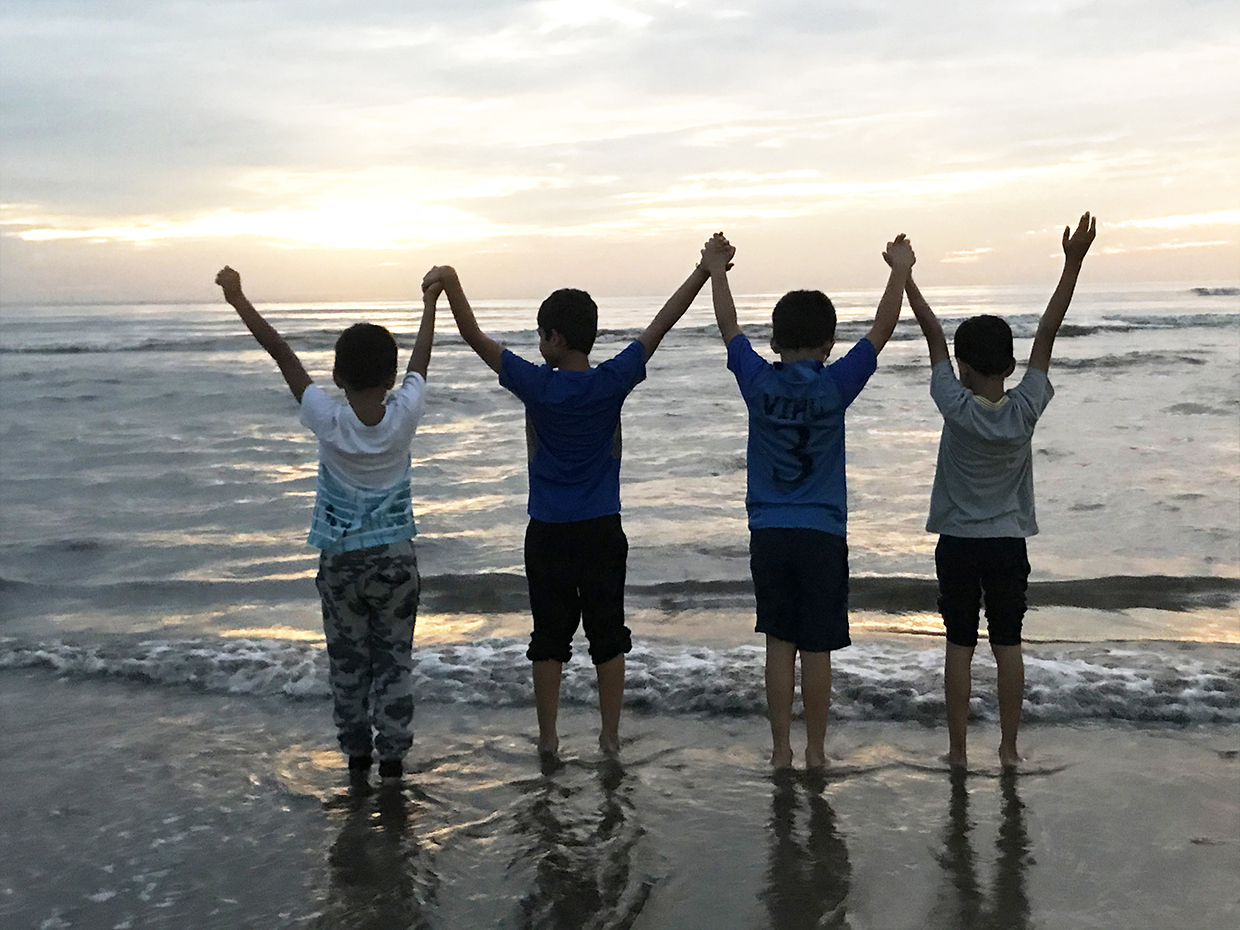
The WAY group enables the youth with a voice. Teenagers meet on a bi-weekly basis to discuss topics on gender identity, sexuality, depression, anxiety and peer related issues. Finding one’s own identity during early adulthood can be a traumatic and exhausting process. Accompanied with factors of childhood and college bullying, addiction and academic stress, the youth often feel bogged down by the demands of having to constantly prove their worth in society. Sharing experiences of their struggles such as low self-esteem, childhood physical and sexual abuse helps individuals identify with others. Individuals learn skill building and communication strategies in a safe and supportive environment free from judgment and criticism.
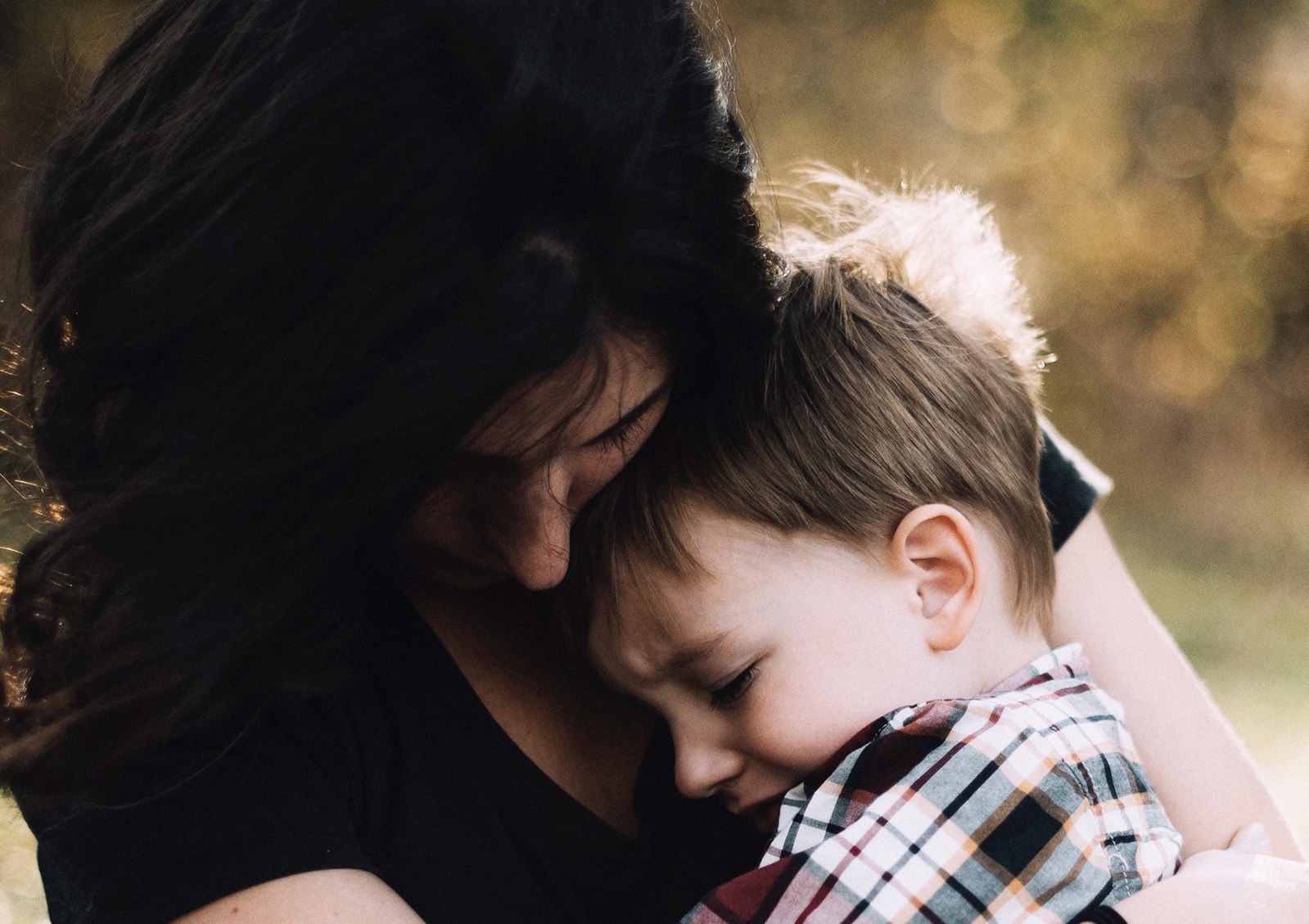
(PPP- Parental Group) In the modern era parents have been battling with issues of helping children get rid of their addiction issues be it to substances such as alcohol, nicotine, marijuana or the online gadgets. Parents meet up once in 15 days to share their concerns about their parenting skills, the balance between autonomy and creating a sense of responsibility in their children. Adults can share numerous strategies that work with hyperactive, aggressive, and anxious children. These discussions enable one to identify some of the common concerns and conflicts that parents encounter. Sharing helps the parents identify with others experiences and this in return reduces their own anxiety. Single- parents who otherwise feel lost, lonely and constantly feel they haven’t done enough for their kids share their experiences of parenting. Parents voice their own compassion fatigue and failures and learn and heal by listening and empowering themselves.
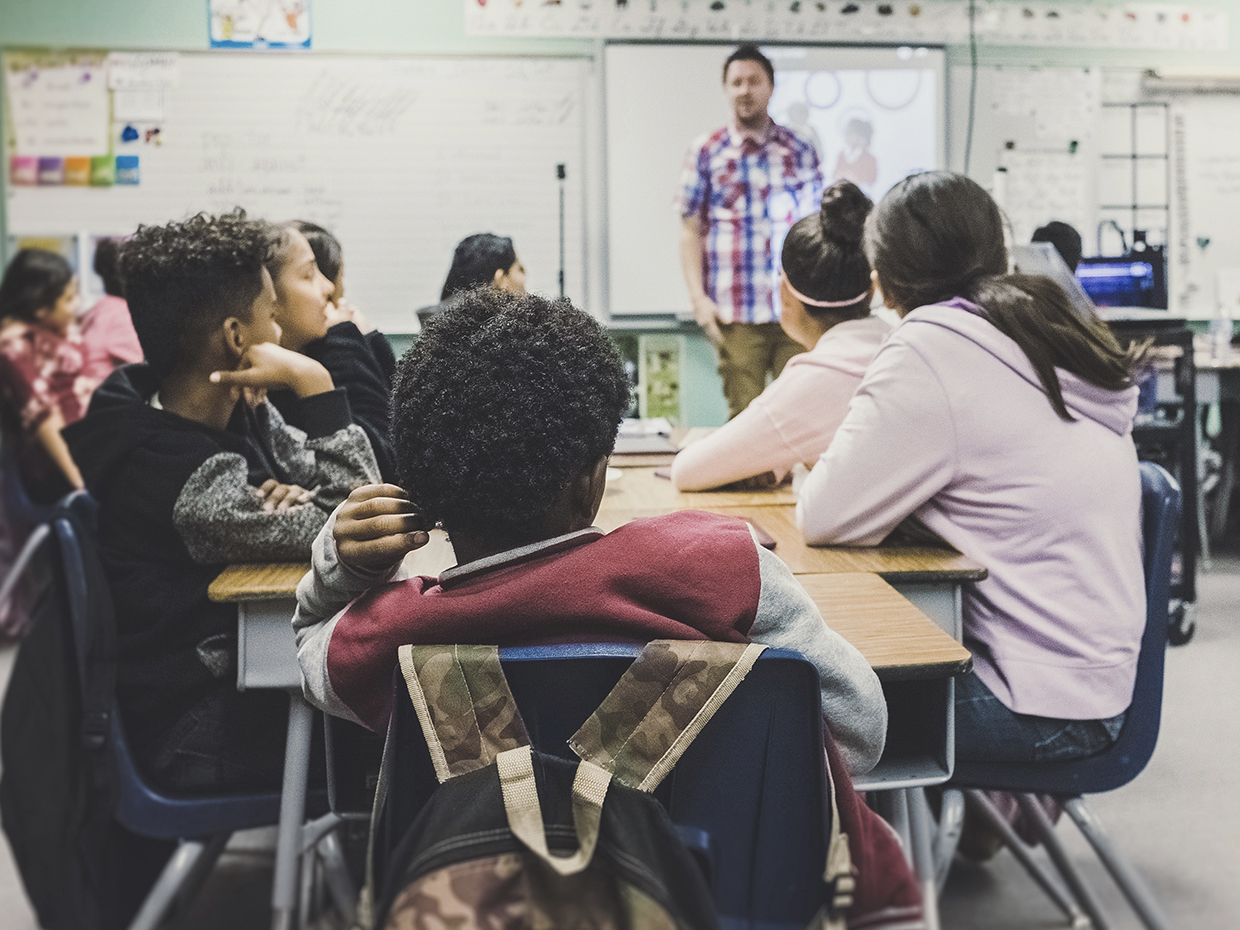
Based on the principles of Compassion, Acceptance, Responsibility & Emotional Regulation, these well-being workshops have been designed for schools and educational institutions. It’s essential for children to have an emotional vocabulary. Children often tend to project their emotions in their behavior or internalize and become passive. Research indicates higher rates of trauma and suicide in children due to the immense pressure of performance and academics. Empowering children with life skills such as communication strategies, conflict resolution, and assertiveness training skills are some preventive methods.
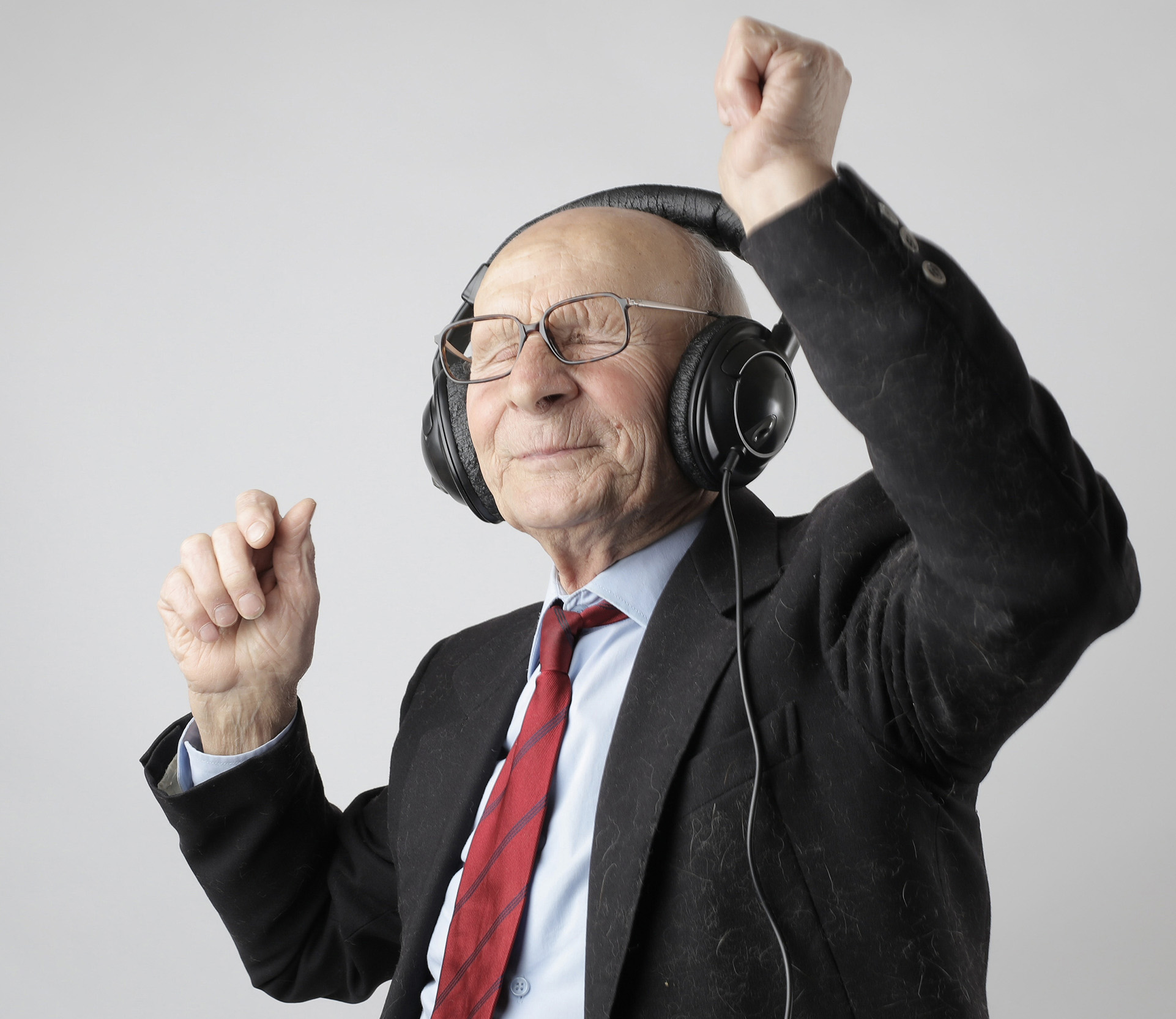
Aging is a natural process and is irreversible. Our most experienced strata of society lose their vibrancy, passion and motivation as they age into their retirement. With low levels of physical energy, issues in cognitive decline our elders lose confidence to the extent that they often question their worth in their golden days. Having achieved all the pleasures and comforts of life they often experience loneliness and emptiness and tend to find the true meaning and purpose of their life. This group helps individuals to develop and live as fully functioning humans. Depression is one of the most common mental health problems in older people. Our main goal with this group is to help members develop and sustain effective relations. Through our meetings we aim to use the knowledge and wisdom of the elders and help them develop competence so that they do not feel isolated in society.

As physical wellness and health play an important role in addressing modern lifestyle diseases such as hypertension, diabetes and cardiac diseases, the impact of it on youth and adults is enormous. Most children either tend towards binge eating and others towards anorexia and bulimia. Bingeing and purging are seen as coping mechanisms and having control in a world that may be filled with chaos. Most often eating disorders go undiagnosed until it is accompanied by a severe depression or addiction. As eating disorders are a health crisis that affects not only the physical but also the mental functionality of the individual, early detection and intervention are important. The group meets along with a qualified moderator to address issues such as anger, shame, guilt that often grip individuals who constantly judge themselves harshly.
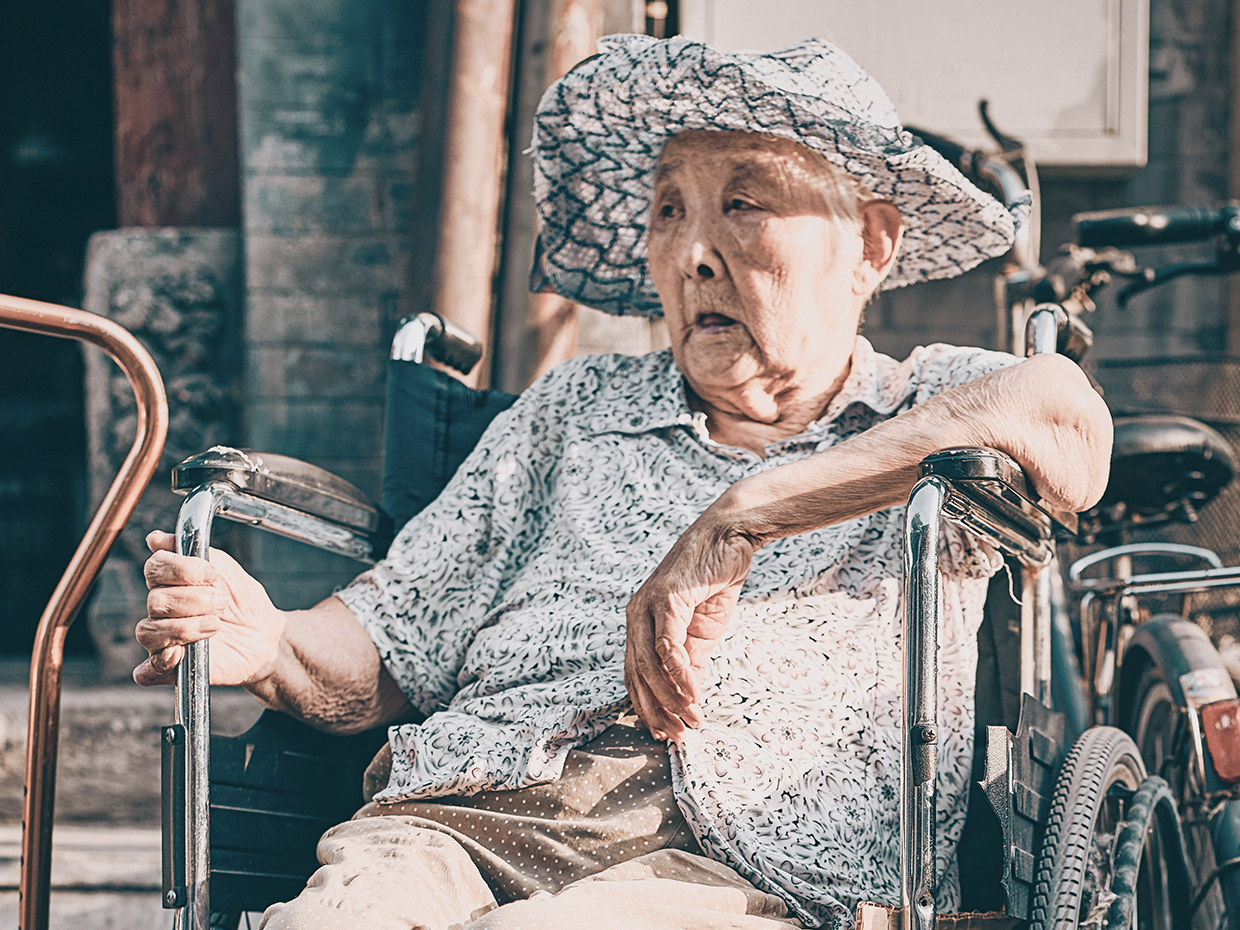
Brain injury, trauma either through a stroke or an accident is a life-changing event. Living in the new normality leads to physical, mental, emotional and social discomfort. The loss can be personal, professional and financial. Support groups help individuals and their caregivers cope through the challenges and daily obstacles of life. Providing educational, psychological and rehabilitation services to patients are some of the aims of these meetings. Restarting a new journey, rebuilding confidence and reestablishing goals in a collaborative way are done in an effective and encouraging way. Mindfulness techniques are taught and practiced to ensure emotional modulation in patients and their caregivers.

A term most of us are familiar with and have heard through the pandemic. Obsessive compulsive disorder is not only restricted to hand washing but also incorporates symptoms such as checking doors, repeating chants or prayers, or engaging in distinct patterns that cause distress and disrupt the functionality of the individual in everyday life. Not all obsessions manifest into compulsions and some individuals constantly live within the fear of their obsessive thoughts. The OCD group creates a safe place where members share their experiences without being judged or targeted. The group enables members to acquire effective strategies of dealing with their fears and break the self-defeating patterns. Members let out their frustrations and work on building on their tolerance levels. Cognitive behavioral techniques along with relaxation techniques help participants to focus on the present and face their fears, reducing their compulsions.